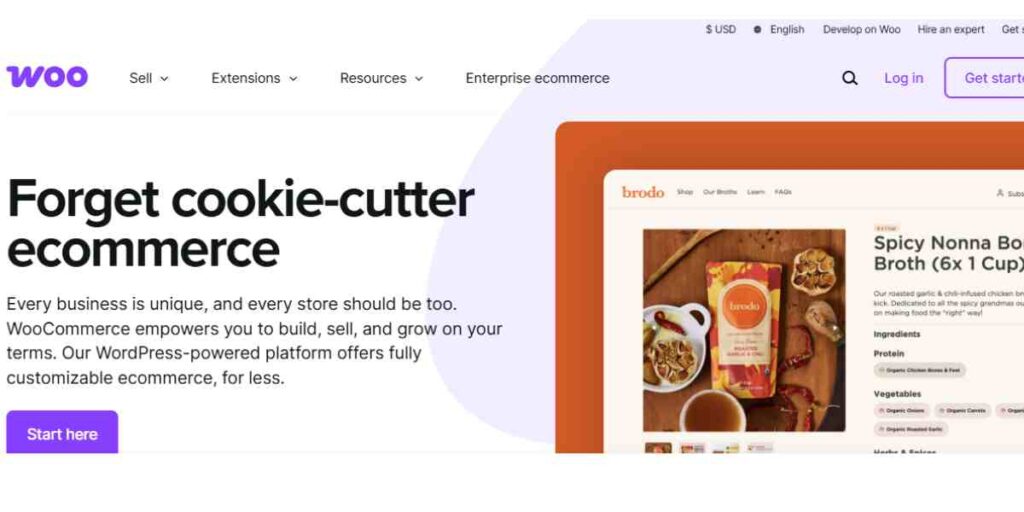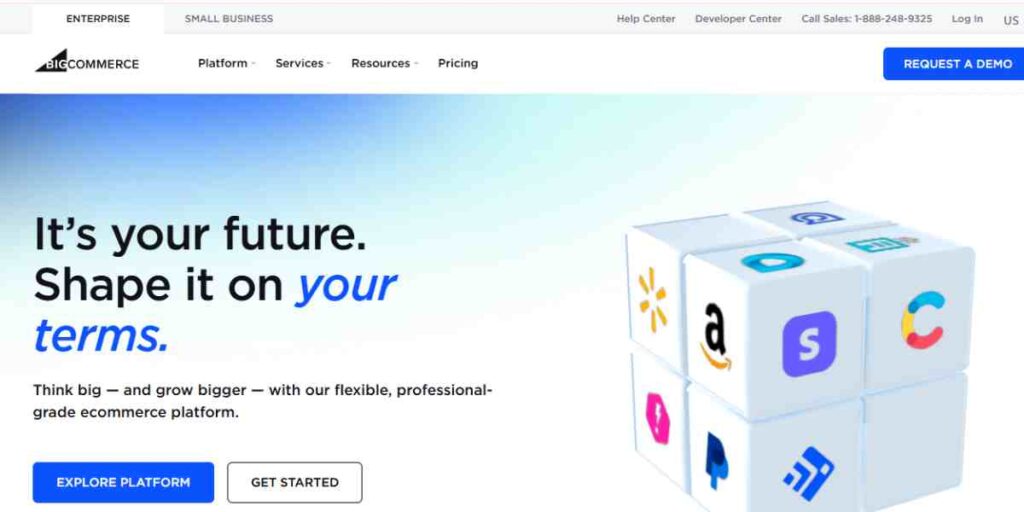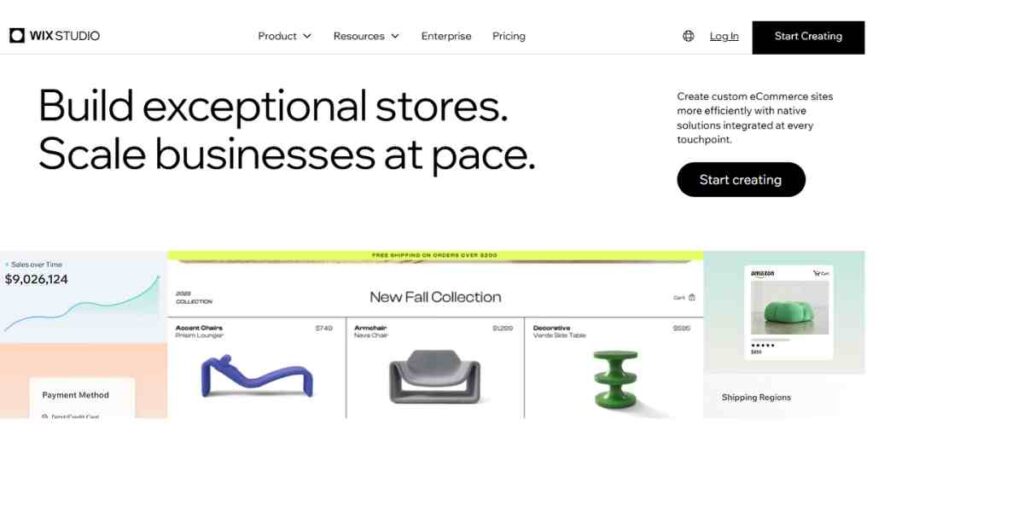Whether you’re a startup looking to launch an online store or an established brand aiming to scale, choosing the best ecommerce platform or software is a critical decision. With countless options available, knowing which one aligns with your goals, budget, and technical needs can make or break your online success.
This comprehensive guide highlights the top ecommerce platforms and software solutions in 2025, including both hosted and open-source options for small businesses, mid-sized brands, and enterprise-level companies.
Also check: Best 5 Sites To Sell Gift Card in Nigeria (2025 Guide)
What Is an Ecommerce Platform?
An ecommerce platform is a software solution that enables businesses to create, manage, and operate an online store. It allows you to handle:
- Product listings
- Shopping cart functionality
- Payment gateways
- Order and inventory management
- SEO and marketing tools
- Customer service features
Platforms come in different types: hosted (SaaS) like Shopify and self-hosted (open-source) like WooCommerce or Magento.
Why Choosing the Right Ecommerce Platform Matters
The ecommerce platform you choose is the backbone of your online business. It handles essential tasks such as product listings, inventory management, customer payments, and shipping. Here’s why this decision is so significant:
- User Experience: A good platform ensures easy navigation, fast load times, and an overall pleasant shopping experience for your customers.
- Scalability: Platforms differ in their ability to handle growth. Whether you’re aiming for 100 or 10,000 sales a month, your ecommerce software should grow with you.
- Customization & Features: Your business is unique, and your platform should suit your specific needs. The ability to customize is a critical factor.
- Costs: Many platforms operate on a subscription basis, and pricing varies significantly. Choosing the wrong option could result in unnecessary expenses.
Now, let’s take a closer look at the top ecommerce platforms in the market.
1. Shopify – Best All-In-One Ecommerce Platform for Beginners
Shopify is a top-rated SaaS platform perfect for users with little to no coding experience. With hundreds of templates and apps, it’s ideal for launching quickly and scaling easily.
Features:
- Drag-and-drop store builder
- Over 100 payment gateways
- Shopify App Store with thousands of integrations
- Built-in marketing and SEO tools
- 24/7 customer support
Best For: Beginners, small to mid-size businesses
2. WooCommerce – Best for WordPress Users

WooCommerce is a powerful, open-source plugin for WordPress that transforms your website into a fully functioning ecommerce store.
Features:
- 100% customizable
- Wide range of free and paid plugins
- Works with most WordPress themes
- Supports multiple payment gateways
- Strong SEO advantages via WordPress
Best For: Tech-savvy users, content-driven ecommerce stores
3. BigCommerce – Best for Large or Fast-Growing Businesses

BigCommerce offers advanced tools and scalability, making it a great Shopify alternative for businesses that are expanding or managing large inventories.
Features:
- No transaction fees
- Multi-channel selling (eBay, Amazon, Facebook, Instagram)
- Strong B2B capabilities
- Built-in SEO and analytics tools
Best For: Mid-size to large online stores and wholesalers
4. Magento (Adobe Commerce) – Best Open-Source Platform for Enterprises
Magento, now part of Adobe Commerce, is a powerful platform suited for developers and large enterprises looking for complete customization.
Features:
- Full code access
- Advanced customization
- Scalability for high-volume sales
- International and multi-currency support
Best For: Enterprises with dedicated IT teams
5. Wix eCommerce – Best for Creative Entrepreneurs
Wix eCommerce allows creatives and small businesses to sell online with stylish templates and simple drag-and-drop functionality.

Features:
- Visually impressive themes
- Simple store management
- Built-in email marketing
- Affordable pricing plans
Best For: Artists, freelancers, and small boutique stores
6. Squarespace – Best for Branding and Design
Squarespace excels in visual design and branding. It’s ideal for creatives who want to display portfolios while selling products.
Features:
- Stunning templates
- Built-in marketing and analytics
- Easy-to-use builder
- Limited but effective ecommerce features
Best For: Designers, photographers, and creative entrepreneurs
Key Features to Look For in an Ecommerce Platform
When choosing an ecommerce solution, consider these essential features:
- Ease of use
- Mobile responsiveness
- Payment gateway support
- Shipping and tax tools
- SEO optimization
- Inventory and order management
- Third-party app integrations
- Security and compliance
How to Choose the Right Ecommerce Platform
Here’s how to narrow down your options:
| Criteria | Consider This… |
| Budget | Can you afford monthly/transaction fees? |
| Product Type | Physical, digital, services, subscriptions |
| Skill Level | Need for coding or drag-and-drop builder |
| Growth Potential | Does the platform scale with your business? |
| Design & Branding | Are templates flexible and on-brand? |
FAQs: Best Ecommerce Platforms and Software
1. What is the easiest ecommerce platform for beginners?
Shopify is the most user-friendly with drag-and-drop features, ready-made templates, and built-in hosting.
2. Which ecommerce software is best for WordPress users?
WooCommerce is the best choice for WordPress websites, offering complete integration and control.
3. Which platform is ideal for large-scale businesses?
BigCommerce and Magento are designed for high-volume, enterprise-level operations with advanced features.
4. Can I sell digital products with these platforms?
Yes. Platforms like Sellfy, Shopify, and WooCommerce are great for selling digital downloads, courses, and subscriptions.
5. What’s the cheapest ecommerce platform?
Zyro and Ecwid (with their free or low-cost plans) are budget-friendly options with decent features for new sellers.
Final Thoughts on Best Ecommerce Platforms and Software
Choosing the right ecommerce platform is essential for launching and growing your online store. Whether you’re selling physical products, digital downloads, or services, there’s a platform that suits your needs.
If you’re just starting out, go with Shopify or Wix. If you’re tech-savvy or running a WordPress site, WooCommerce is your best bet. For enterprise solutions, look to BigCommerce or Magento.
Do your research, test free trials, and match your business goals with the platform that aligns best with your current and future needs.
